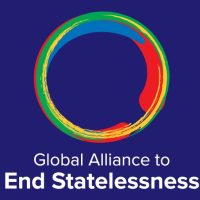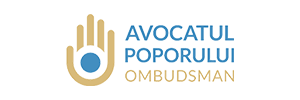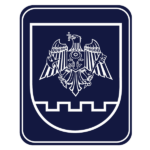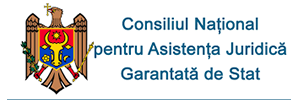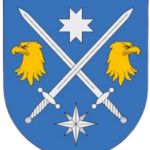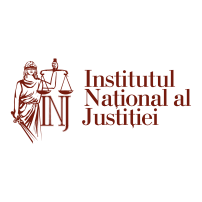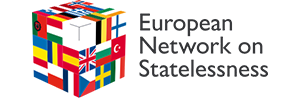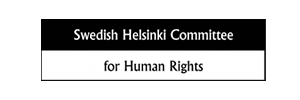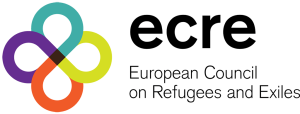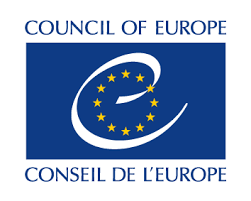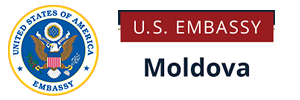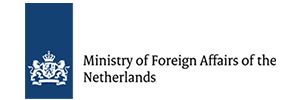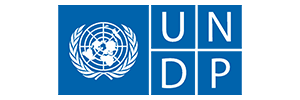More than 3800 refugees from Ukraine have benefited from legal assistance and more than 1300 people from the host communities have strengthened their knowledge in the field of human rights and access to justice. At the same time, a network of 25 Ukrainian refugee community activists in the Republic of Moldova provided legal support and counseling for better integration of Ukrainian refugees. These are some of the results of the project “Improving access to justice to live in dignity”, implemented by UNDP Moldova, in partnership with the Law Center of Advocates (CDA), with the financial support of Germany. The achievements as well as lessons learned during the last 10 months were discussed on April 12, 2024 at a roundtable.
CDA has established partnerships with local NGOs in Soroca, Balti, Comrat, Causeni, Cahul. “The local NGOs and the network of Ukrainian activists contributed to strengthening social cohesion within the host communities and to ensuring a better understanding of the rights, responsibilities and protection mechanisms available at national level,” said Victoria Muntean, project manager at UNDP Moldova.
The project also developed and disseminated over 30,000 guides and 5,000 leaflets containing useful information for refugees, such as the temporary protection mechanism, access to health care, employment, the right to education, residence in Moldova, prevention and combating discrimination.
“The project was important not only for information and integration, but also for communication, establishing a closer relationship between members of Ukrainian communities and those from the host communities”, reported the representative of the Ukrainian network, Irina Tsyrkunova.
“The project activities have given us support as well as more security, hope for tomorrow. Now we know how to stand up for our rights and we can guide our fellow countrymen how to do so”, said Raisa Tonkoglaz, another representative of the Ukrainian community.
At the same time, within the project “Improving access to justice to live in dignity”, 5 operational mobile teams were created and operationalized in 9 districts, which provided support to 1008 women and girls from host communities and refugee groups, to access multidisciplinary support in the field of gender-based violence.





